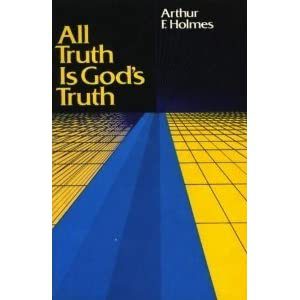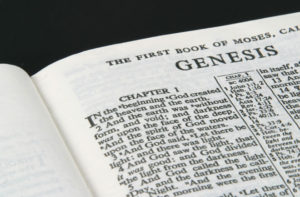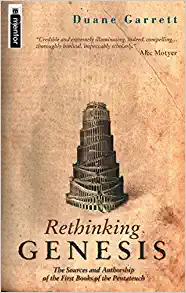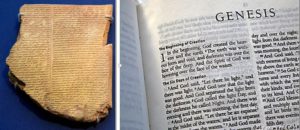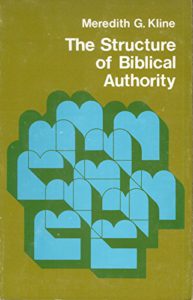
One of the prominent features of contemporary historical criticism is to dissect the bible into discrete units which are taken to represent the earlier historical sources and literary traditions which underlie the biblical text. Having identified these historical sources, critical scholars then analyze how they are pieced together into the various books of the bible. As an example, critical scholars argue that the Pentateuch is a compilation of four originally independent documents: the Jahwist (J), Elohist (E), Deuteronomist (D), and Priestly (P) sources. According to critical scholars, the Pentateuch did not originate with Moses (~1400 BC), but were finally complied by some unknown redactors during the Jewish Babylonian exile (~400 BC).
Presumably, this critical historical exercise would enable scholars to gain insights into the literary intentions or ideological biases of the final redactors of the presently preserved biblical text. This exercise may enable scholars to speculate on the history of the composition of the text. But one wonders whether the critical approach may lead scholars to miss the forest for the trees, that is, to be so focused on the discrete and artificially constructed fragments of the text that they overlook the meaning of the bible which becomes evident when one reads the books of the bible holistically.
An alternative approach to the historical-critical reading of the bible would be to take the bible on its own terms, that is, to read the bible holistically. Meredith Kline argues that such a holistic reading is necessary because the bible is in its literary-formal form a covenantal document, and that biblical canon must be read holistically as a treaty-canon. Continue reading “Reading the Bible as a Covenantal Document”
